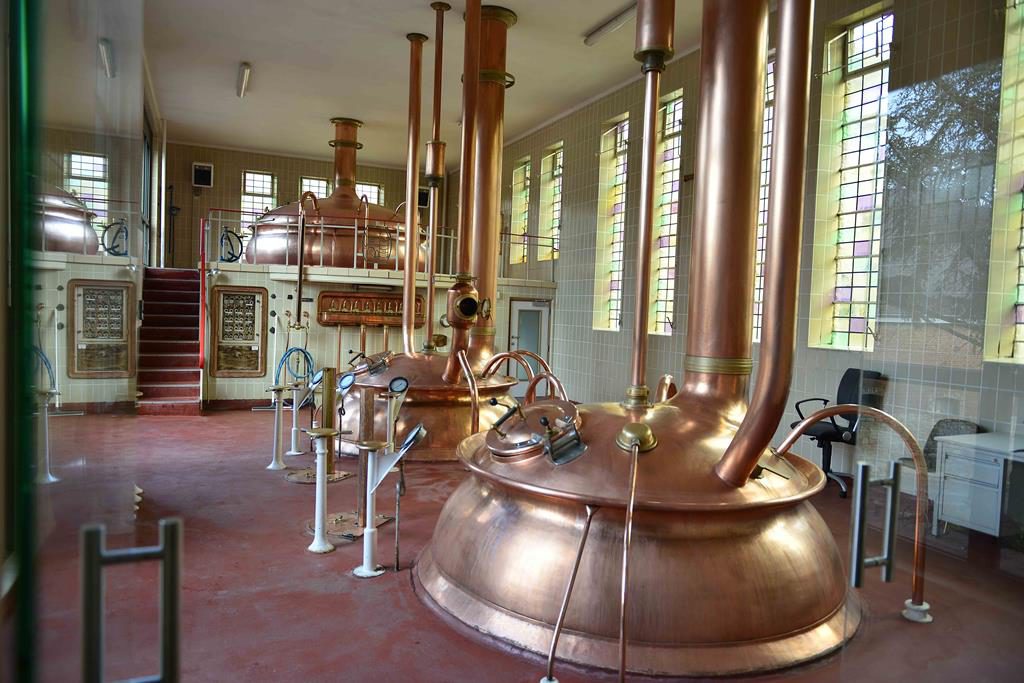The Trappist monks of the Abbey of Rochefort in Namur province have won another important court battle in a dispute with Lhoist Group, the world’s largest producer of chalk.
The monks of the Abbey of Notre-Dame of Saint-Remy produce some of the most celebrated beers in the world, using water from the Tridaine spring. But Lhoist wants to continue producing chalk from the area until 2046, which would involve redirecting the course of the spring.
The monks took their case to court, relying on a legal document from 1833 which forbids anyone, including the owner of the quarry Lhoist wants to extend, from changing the course of the spring.
The document effectively guarantees the right of the abbey to receive the waters of the Tridaine spring as it arises naturally at the surface. The 1833 deed, which dates back more than a century before the quarrying was ever begun and 66 years before the founding of the current brewery, protects this right to a natural source of water.
Related News
- Brussels Beer Project opens new bar in former Irish pub
- The abbot approves: Chimay goes green with new beer
- Beer in the front, party in the back: Schaerbeek gets a new brewery
According to Gert De Rouck, a brewing expert at the University of Leuven speaking to VRT Radio at the time of the original judgement, water is “an underestimated raw material in the brewing process”.
The structure of the water, he said, “determines the acidity and taste of the brew. The more sulphates, the harder; the more chlorides, the softer the taste.” Any change to the character of the water – such as pumping the water from a lime quarry to the surface rather than allowing it to follow its natural course, could influence the entire brewing process.
A court in Marche-en-Famenne in September 2019 upheld the 1833 deed, and rejected Lhoist’s case against the abbey. The company appealed, and now the court of appeal in Liege has agreed with the lower court.
A spokesperson for Lhoist told the RTBF the company would study the ruling before deciding whether to make a final appeal to the Cassation Court, which only hears cases on procedural grounds.

